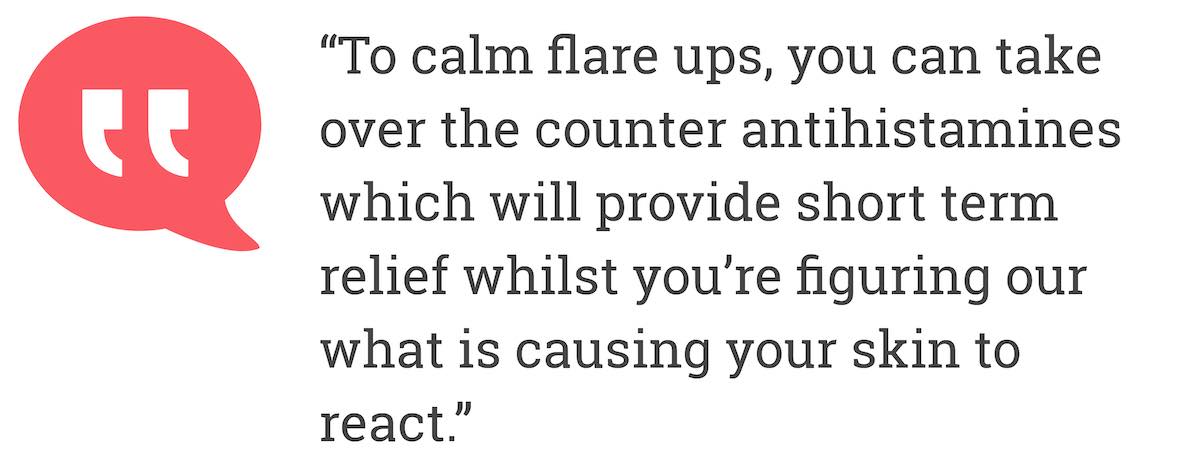 “I have found that you have to use trial and error to find what’s best suited to your skin and your lifestyle.”
“I have found that you have to use trial and error to find what’s best suited to your skin and your lifestyle.”Amira talks us through her life-long struggle with Eczema and gives tips on how to deal with the condition as a Healthcare Professional.
Topics Covered In This Article
Dealing With The Condition At Work
Introduction
Atopic Eczema is one of the most common forms of Eczema, it causes dry itchy skin.
It’s a non-contagious inflammatory dry skin condition.
Often times the itching is unbearable and during flareups skin can be red, sore, cracked and raw.
Hand dermatitis is one of the most common forms of dermatological disorders seen in Nurses working in the healthcare sector.
The factors that increase the risk of developing hand dermatitis are as follows: frequent washing hands, using disinfectants, wet-work conditions, exposure to medical substances, detergents and wearing rubber gloves.
I had a mild form of Eczema as a child, but it was only ever in the insides of my elbows and the backs of my knees.
As I grew older, I eventually grew out of my Eczema but would occasionally get dry patches of skin during winter, which was normal.
During my student placements where I was constantly washing/sanitising my hands I would constantly moisturise them therefore I never really experience any dry skin on them.
However, I would constantly hear other healthcare staff member complain of dry skin or even Eczema on their hands but I would never really pay attention as it didn’t apply to me.









About this contributor
Health Protection Practitioner
I’m Amira, I qualified as an Adult Nurse over a year ago and I have been working in theatres since qualifying. I am an adult trained nurse working in a paediatric hospital. I specialise in spines, trauma and orthopaedics. Outside of work I am a keen baker and fitness enthusiast.
More by this contributorWant to get involved in the discussion?
Log In Subscribe to comment